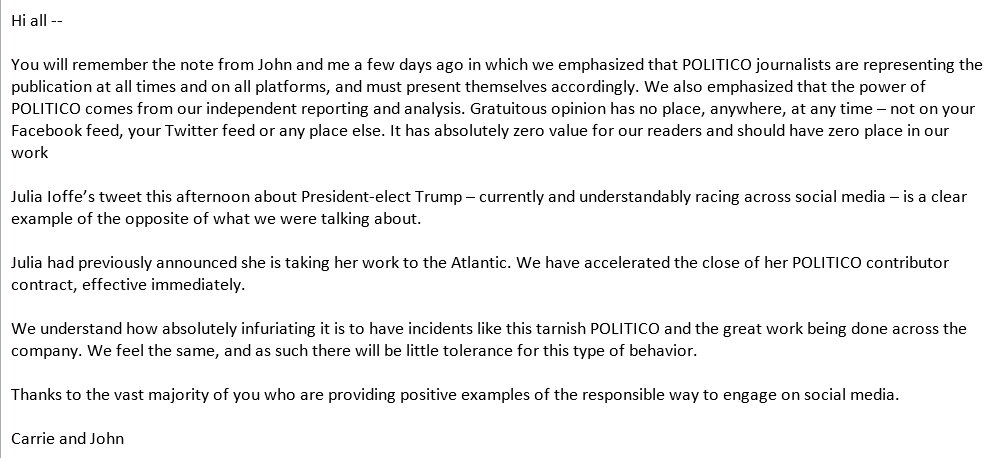Richard Rothstein points out that social engineering is not just when people try to undo housing segregation – it’s also when people segregate housing in the first place.
President-elect Donald Trump proposes to nominate Ben Carson to head the Department of Housing and Urban Development (HUD). Mr. Carson has expressed opposition to the Obama administration’s new HUD requirement that cities and suburbs develop plans to end their segregation or face possible loss of federal funds. He calls this “social engineering,” and says that such well-intentioned programs have unintended consequences that their proponents later come to regret. Instead, he says, emphasis should be placed on revitalizing distressed minority neighborhoods in central cities.
What Mr. Carson’s view ignores is that the racial segregation of every metropolitan area in the nation is also the result of “social engineering”—the purposeful efforts of federal, state, and local governments to create and enforce the residential separation of the races. What the Obama administration has begun are plans to undo this social engineering. Failing to continue these plans doesn’t avoid social engineering—it perpetuates it.
Carson grew up in Detroit and claims that that gives him insight into depressed neighborhoods, but Rothstein says that knowing how they got that way is crucial. It didn’t just happen; it was made to happen.
In 1948-49, the Detroit City Council held hearings on 12 proposed public housing projects in outlying (predominantly white) areas. Mayor Cobo vetoed all 12; only housing in predominantly black areas was approved. At the time, there was an enormous civilian housing shortage, and both whites and blacks needed public housing. Had the rejected sites been approved, families of both races would have resided in public housing located throughout the city, setting an integrated pattern that might well persist to this day.
But the mayor actively prevented that integration from happening. Social engineering.
During this period, one developer applied to the federal government for financing to construct housing in Detroit that would be restricted to white families only. Fearing possible future integration, the Federal Housing Administration approved his application only on condition that he construct a concrete wall, six feet high and a foot thick, to separate the proposed development from a neighborhood where African Americans lived.
Uh…wow. A wall. An actual wall. Like Trump’s wall to protect us from bad hombres. Like the Berlin wall. President Trump, tear down that wall.
The Feds built a bomber plant in Willow Run during the war, and built housing for the workers there. The housing was restricted to white people, and so were jobs at the bomber plant. That’s your social engineering right there.
The city of Hamtramck basically ethnically cleansed itself of African Americans.
Public officials in Detroit suburbs adopted explicit policies to exclude African Americans, preventing them from leaving the neighborhoods where Ben Carson grew up. In 1956, for example, the mayor of Dearborn, a suburb to the west of Detroit, announced, “Negroes can’t get in here. Every time we hear of a Negro moving in, we respond quicker than you do to a fire. That’s generally known.” One black family that purchased a Dearborn home in defiance of the city policy found its gas turned off and garbage uncollected, and finally moved out. The mayor of Warren, a suburb to the north of Detroit, announced “I won’t tolerate Warren being used as a guinea pig for integration experiments.” Other suburbs maintained similar policies, social engineering the concentration of African Americans in the city itself.
Note the echo of Carson’s thinking: that integration is an “experiment” while segregation is not.
Policies like these not only segregated the Detroit metropolitan area, but every metropolitan area in the nation. Certainly, private prejudice was involved, as well as private discrimination. But without the social engineering of federal, state, and local government, the nation would have a much more integrated landscape than it does today, and the distressed inner city conditions that Ben Carson proposes to address would be, at the least, much less severe.
Is there any chance that Ben Carson will ever pay any attention to Richard Rothstein? Probably not.












